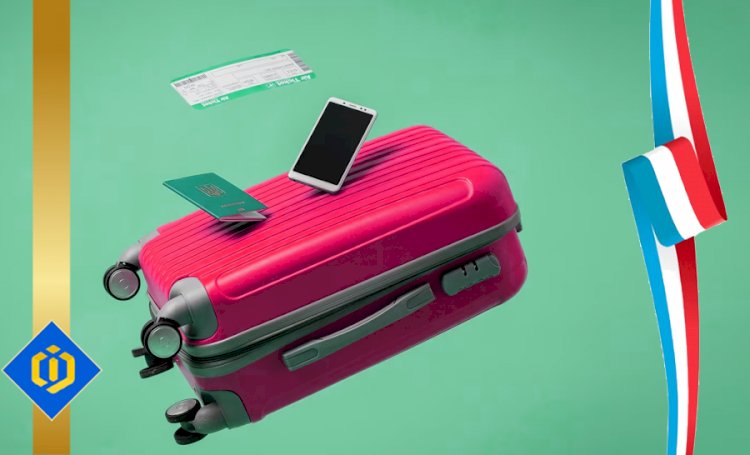Living as an Immigrant in the Netherlands: A Comprehensive Guide

Navigating life as an immigrant in the Netherlands involves various facets that are important to comprehend for a smooth transition.
Housing and the Cost of Living
The Netherlands, especially cities like Amsterdam, Rotterdam, and Utrecht, has witnessed a surge in housing costs. In 2021, the average rent for a one-bedroom apartment in city centers ranged from $1,200 to $1,800, while outside these areas, it could be around $900 to $1,400. When considering groceries, utilities, transportation, and leisure activities, a single person might spend an additional $1,000 to $1,500 each month.
Taxation
The Dutch tax system operates on a progressive scale, with tax brackets ranging from approximately 37.1% to 49.5% for higher incomes. For skilled migrants relocating to work in the Netherlands, there is a significant tax benefit known as the 30% tax ruling, which provides a substantial tax exemption applied to your gross salary.
Job and Business Opportunities
The Netherlands offers a wide array of job opportunities, with a strong emphasis on sectors such as technology, engineering, finance, and services. Its strategic location in Europe makes it an attractive hub for businesses and startups.
Quality of Life
The Netherlands consistently ranks high on global quality of life indexes. It offers excellent public transport, healthcare, education, and public services, along with a rich cultural environment and a work-life balance that many find appealing.
Social Support and Education
Dutch schools are renowned for their high standards, and there is a broad availability of international schools catering to the expatriate community. The universities in the Netherlands are globally recognized. For newcomers, various expat groups and integration programs are available to help ease the transition.
Healthcare
The Dutch healthcare system is comprehensive and efficient, although it primarily operates as a privatized system. Health insurance is mandatory for all residents, and there are various insurance packages to accommodate different needs and budgets.
Legal and Administrative Considerations/Immigration Process
Citizens of EU/EEA/Switzerland do not require a residence permit to live in the Netherlands. However, non-EU/EEA citizens may need a residence permit and/or work permit. The Highly Skilled Migrant Programme is a popular option for professionals, allowing recognized companies to bring in employees from outside the EU through the Dutch Immigration and Naturalisation Service (IND).
Cultural and Language Differences
While Dutch is the official language, English proficiency is high, particularly in urban areas and among the younger population. Dutch people are known for their direct communication style and liberal values, emphasizing the importance of understanding local customs and norms for successful integration.
Author: Pooyan Ghamari, Swiss Economist & Visionary

 content-team
content-team 






















